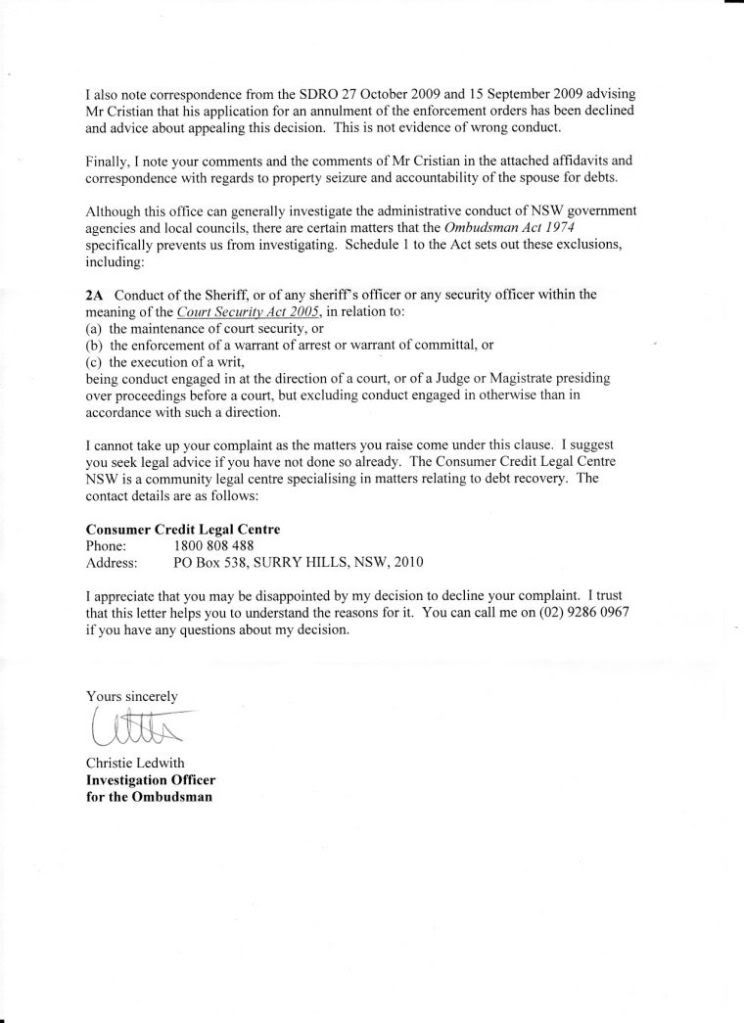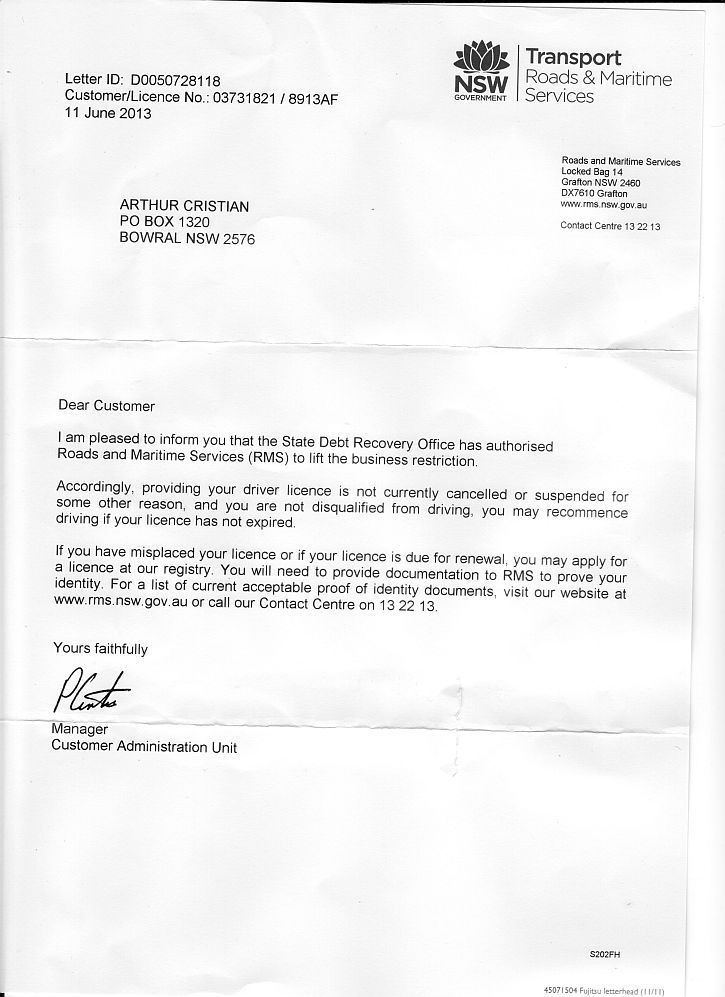- Ecclesiastical Deed Poll Template
- Ecclesiastical Deed Poll Form
- Article 133 Ecclesiastical Deed Poll
- Ecclesiastical Deed Poll Form
- Ecclesiastical Deed Poll Pdf
- Ecclesiastical Deed Poll In Court
Ecclesiastical Deed Poll Template
Of the Clann [clarke], hereby give life and personality to this sacred irrevocable deed through our seal in blood and agreement to the conveyance and terms pronounced herein 1. The audio of this video is part of a recorded discussion taken from a Talkshoe DvineMindGroup Community Conference Call Episode33. The recording can be listened to in. Preparing the Ecclesiastical Deed Poll Before you consider sending an Ecclesiastical Deed Poll, please read the canons under Article 133 of Positive Law. Note# This Deed, Like all Ecclesiastical Deeds must be on robin-egg blue paper.

A deed poll (plural: deeds poll) is a legal document binding only to a single person or several persons acting jointly to express an active intention. It is, strictly speaking, not a contract because it binds only one party and expresses an intention instead of a promise.
Use for changing name[edit]

The most common use is a name change through a deed of change of name[citation needed] (often referred to simply as a deed poll). Deeds poll are used for this purpose in countries including the United Kingdom, Ireland, Hong Kong and Singapore. In the UK, a deed poll can also be used to change a child's name, as long as everyone with parental responsibility for the child consents to it and the child does not object to it.[1] The child's parents execute the deed poll on the child's behalf. In some other jurisdictions, a person may simply start using a new name without any formal legal process. The usual requirements are that the new name must be used exclusively and that the change must not be made with intent to defraud. In Australia, prior to 1 November 2000[2], name change was formerly accomplished by deed poll but now is done by completing a Change of Name form.
Other uses[edit]
Another common use is to partition land into different sections. For example, a piece of land may be partitioned (or carved out) by a deed poll into Section A and the Remaining Portion thereof. This form of deed poll is commonly used in Hong Kong.
Ecclesiastical Deed Poll Form
A deed poll may also be used (in England and Wales) for clergy of the Church of England to relinquish their holy orders.
A Bond, a Power of Attorney, and a 'Will' are also good examples of a Deed Poll as they are made by grantor alone.
Origin of the term[edit]
Article 133 Ecclesiastical Deed Poll
The term 'deed', also known in this context as a 'specialty', is common to signed written undertakings not supported by consideration: the seal (even if not a literal wax seal but only a notional one referred to by the execution formula, 'signed, sealed and delivered', or even merely 'executed as a deed') is deemed to be the consideration necessary to support the obligation. 'Poll' is an archaic legal term referring to documents with straight edges; these distinguished a deed binding only one person from one affecting more than a single person (an 'indenture', so named during the time when such agreements would be written out repeatedly on a single sheet, then the copies separated by being irregularly torn or cut, i.e. 'indented', so that each party had a document with corresponding tears, to discourage forgery).
References[edit]
- ^'Changing your name'. AdviceGuide UK. Archived from the original on 16 November 2014. Retrieved 23 August 2014.
- ^'Births Deaths and Marriages : Deed poll searches (pre-2000)'. www.justice.tas.gov.au. Retrieved 5 February 2018.
External links[edit]
Ecclesiastical Deed Poll Form
- Change your name by deed poll - UK Government advice
- Enrolment of Deeds and other Documents at the UK Ministry of Justice website
Ecclesiastical Deed Poll Pdf
